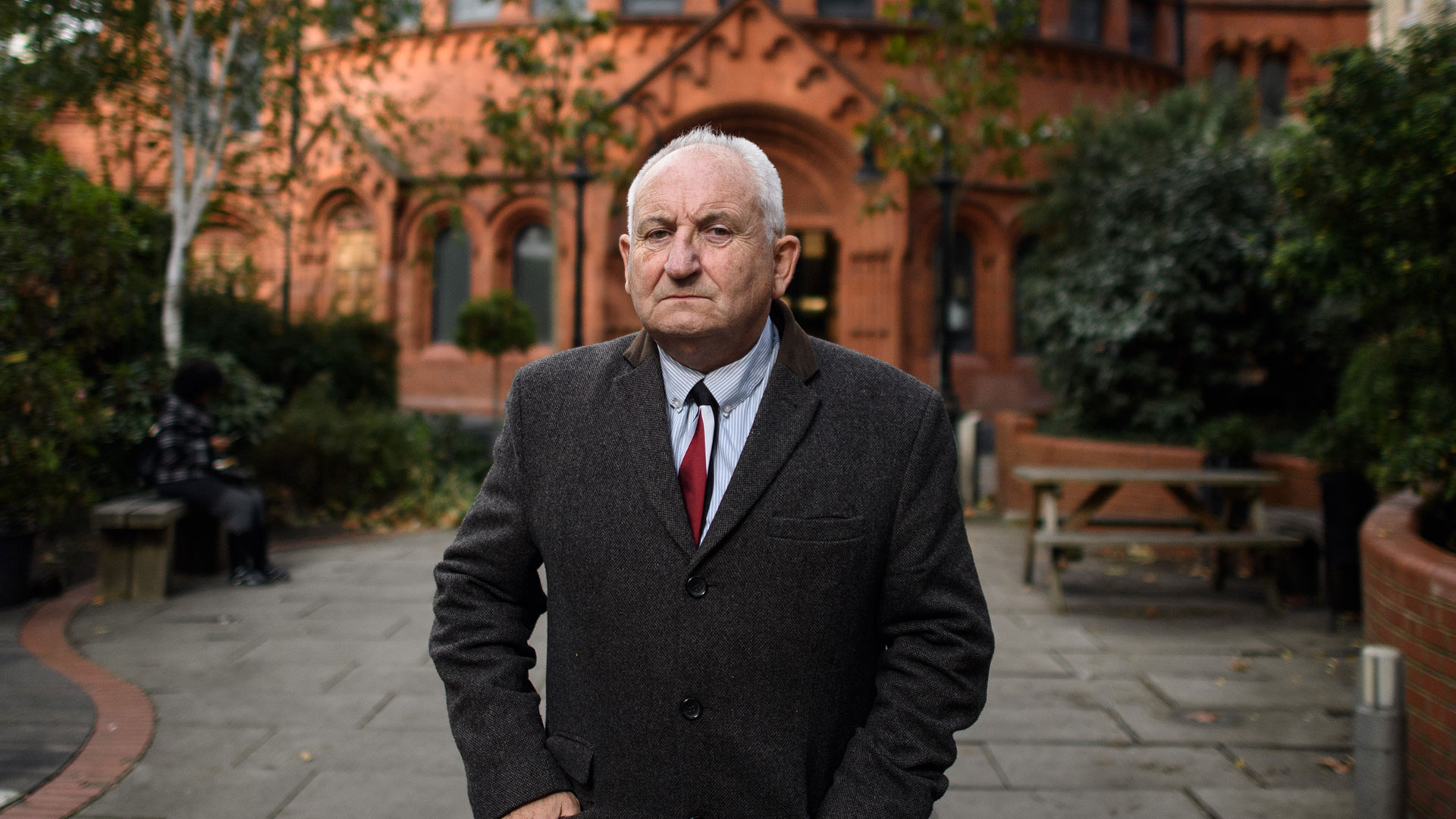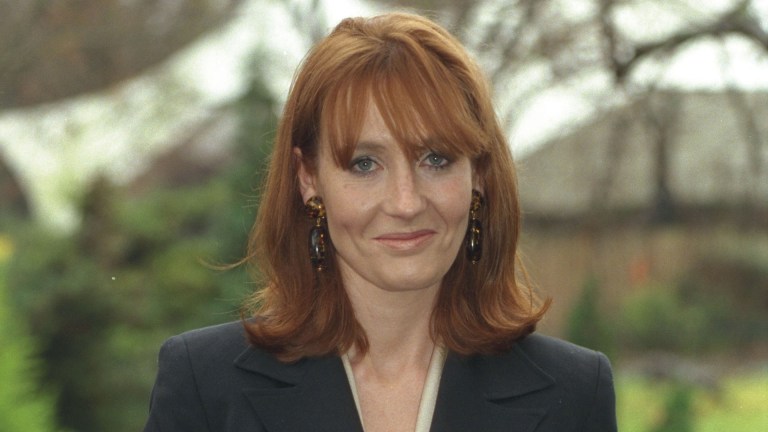Some years back I read about a book by a leading social critic of government who took some time off to get a job as a chambermaid. Earlier I had read most of a book by an American woman who had done the same in the US. But I think it was a French woman who started this craze among serious social journalists to clean toilets, make beds and vacuum up; and out of all this produce a book.
A sense of solidarity came out of the pieces I read. But also the wretchedness of being so incidental to people’s understanding of life, yet so essential. Cleaning and making the world run tidily was one of the most important service industries as you passed through the day. An unclean world does your head in, at times. Yet cleaners were overlooked and underpaid.
This question resurfaced for me last week when sitting in the Lords as we debated social mobility. Would you encourage your child to become a cleaner in life, asked a baroness. The minister of course praised cleaners – what else can you do? – and said that it was a noble calling.
We know nurses keep the show on the road. We know bus drivers, train drivers and pilots move us to essential places. But cleaning a noble profession?
Perhaps I heard her wrong. Fifty years ago this year I took up the mop and the bucket, the cloth and the scourer in the interests of British democracy; becoming a kitchen washer-up and cleaner in the House of Commons. I was not writing a book but hiding from my wrongdoings. It was riveting being a background figure to the great voices of Harold Wilson’s government and Parliament in early 1970. Irascible MPs who twisted their tongues and their faces when you met them as you cleaned up the tables and the mess they left. You were an invasion, alien. Essential in the smooth running of things, yes, “but did you have to bring that wet cloth over here where we’re talking about social justice?” so to speak.
I would say that the cleaning brigade at Parliament are not, seemingly, treated as feudally as half a century ago. Who half a century ago would raise the nobility of cleaning in a Lords debate? We have moved on.











